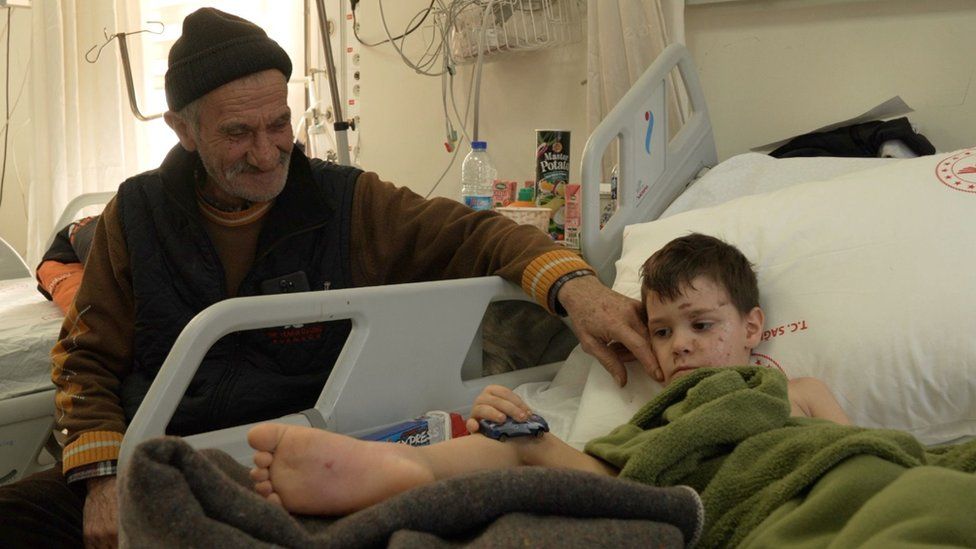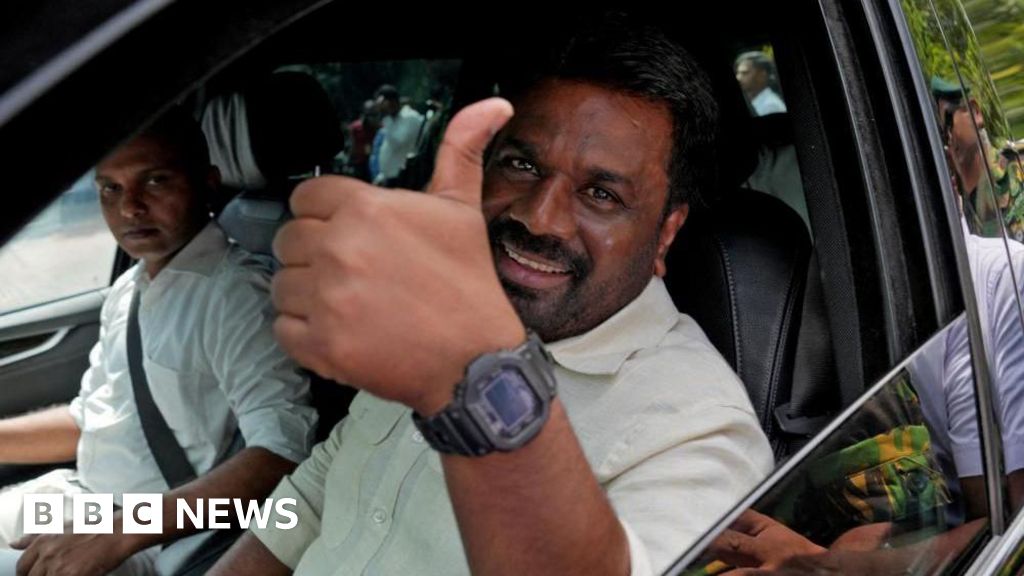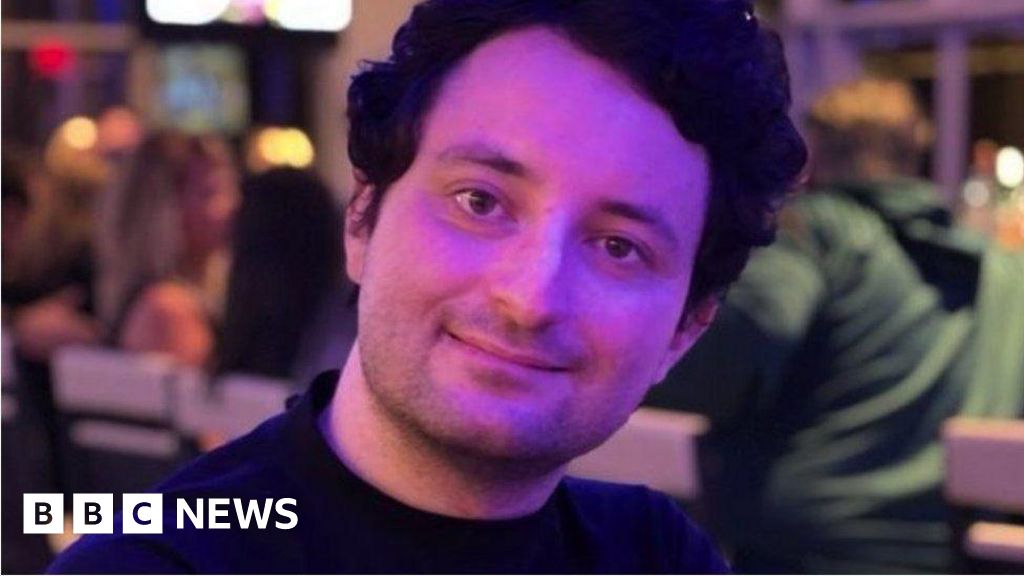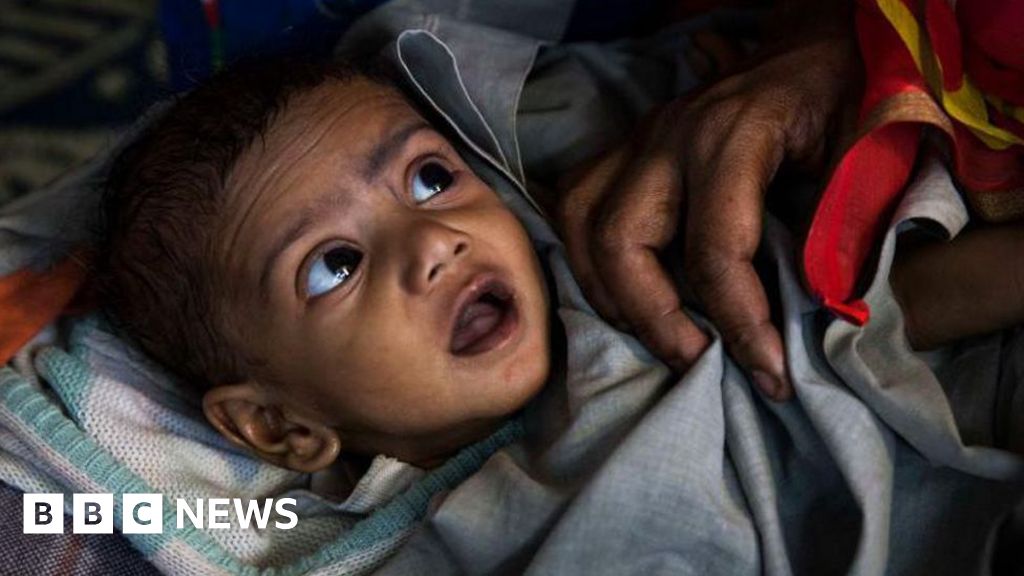ARTICLE AD BOX

Aras has "a strong personality", his grandfather Mehmet says
By Nick Beake
BBC News Europe correspondent, southern Turkey
Dwarfed by his adult hospital bed, five-year-old Aras is resting on his back playing with a model car.
He is one of Turkey's miracles.
Rescue teams freed him from the rubble of his home in the now devastated city of Kahramanmaras, 105 hours after the earthquake.
When he was brought into the intensive care unit, hypothermia had set in and his body temperature had dropped to 28 degrees Celsius (82 degrees Fahrenheit).
Aras may have survived, but his seven-year-old sister Hiranur did not. Neither did his nine-year-old brother Alp. Nor his father.
Just one of so many families irrevocably broken by this disaster.
Sitting at Aras's bedside and gently ruffling his grandson's dark hair Is Mehmet.
"He's an honest boy. He has a strong personality. He's sincere. He's not a spoilt boy."
Although now 72, Mehmet tells us he will for the rest of his days look after Aras as if he were his own son.
"The rescuers did so well to save him," he says, "and by God's grace, they gave him back to us alive."
Aras winces a little as the doctor changes the bandage on his swollen left foot. He's making a good recovery.
Aras's mum also survived - but he hasn't seen her since their world imploded. She is being treated at another hospital in the city but is expected to recover.
Dr Mehmet Cihan, a paediatrician, travelled from Istanbul as quickly as he could to help his colleagues in Kahramanmaras
It was in an intensive care unit set up by Israeli doctors where Aras's own life was saved.
But as we walked through the ward on Monday, it was not just a child with a remarkable story but also a 65-year-old man.
Samir from Syria was plucked from the rubble after enduring six freezing nights.
Doctors then saved him, but both his legs had to be amputated.
For the medics at the heart of this disaster it's been an exhausting and traumatic week.
Paediatrician Dr Mehmet Cihan travelled from Istanbul as quickly as he could to help colleagues in this broken city.
"It's very bad. Too many children have lost their parents. I don't know. It's very hard for me... too hard for me."
Dr Bryony Pointon says Turkish and international doctors and nurses are quite overwhelmed
The international medical effort reaches far beyond Kahramanmaras.
In the town of Turkoglu, green British tents pitched by NHS doctors stand alongside Turkish tents with red tarpaulin.
UK doctors are setting up a field hospital in the grounds of the town's hospital which was damaged in the quake.
The need for emergency care in the hours after the earthquake may have passed - but 80,000 people living here are lacking many medical services.
Dr Bryony Pointon is a GP from Chichester, who has come to Turkey as part of UK-Med - a front-line medical aid charity funded by the British government.
"We are working with the Turkish doctors and nurses that are here - setting up their own tents and seeing patients but they are quite overwhelmed," she explains.
"After all the trauma you have the people who have their usual chronic illnesses - they are still unwell, they don't have the facilities to cope. So, we will see those patients, as many as we can."
Doctors and nurses from around the world are now in Turkey to help with the physical injuries.
But the mental trauma is also profound - both the personal and the national.
Additional reporting by by Naomi Scherbel-Ball and Dogu Eroglu

 1 year ago
27
1 year ago
27








 English (US)
English (US)